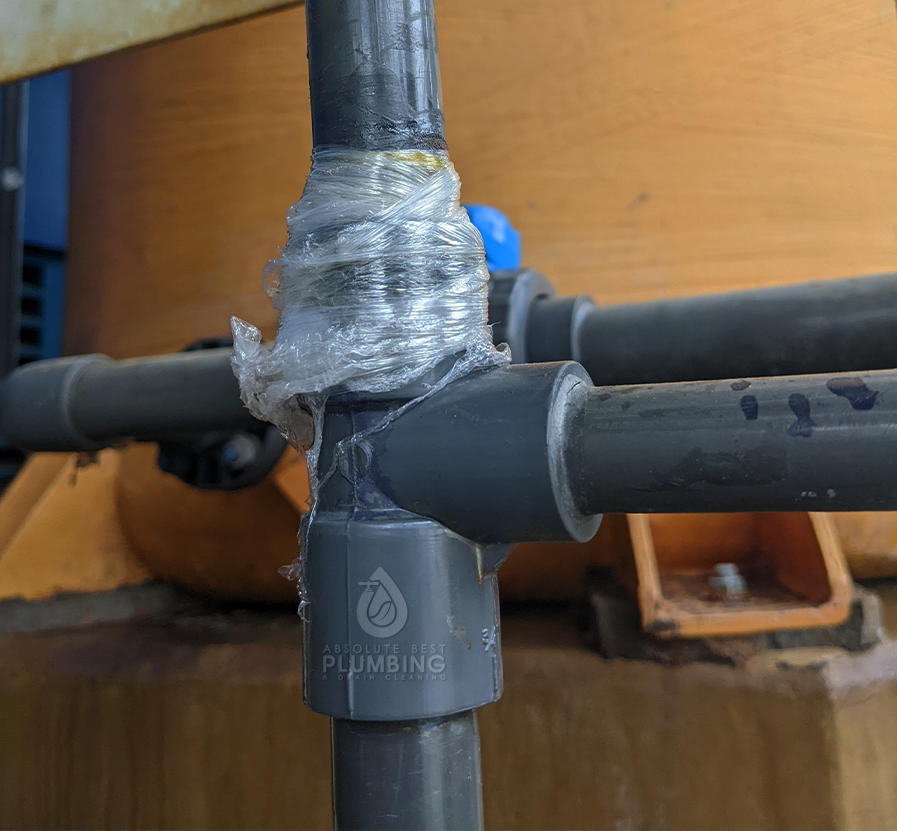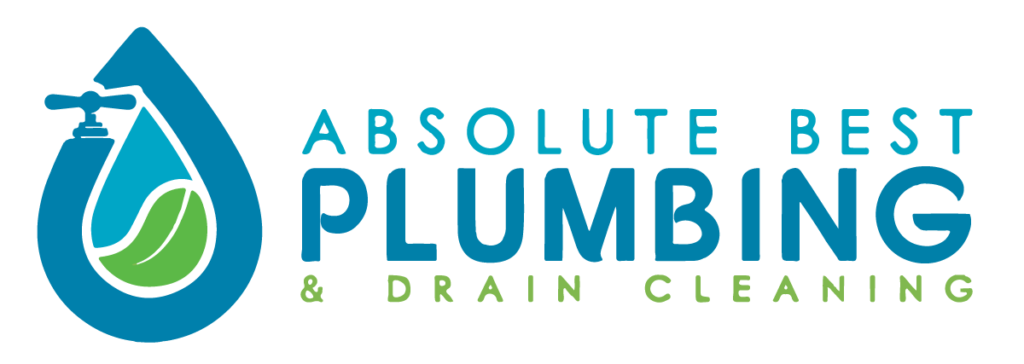
Commercial Repiping
Absolute Best Plumbing is Central Florida’s trusted expert for commercial repiping services, providing businesses with efficient, reliable solutions to replace outdated, damaged, or unsafe plumbing systems. Repiping a commercial property is a significant project, but it is often essential in older buildings or those with problematic materials like polybutylene pipes. Our certified plumbers are skilled in removing compromised pipes and replacing them with high-quality, durable alternatives to restore safety, water quality, and peace of mind.
Repiping involves replacing all the old pipes in a building with new, fully functioning materials, effectively giving the plumbing system a fresh start. While minor repairs are often possible for isolated issues, widespread pipe damage or aging systems may require a complete repipe to maintain property safety and prevent costly future damage. Our experts at Absolute Best Plumbing are here to guide you through the entire process, ensuring minimal disruption to your business and an efficient, long-lasting solution.
Why Consider Repiping for Your Commercial Property?
Commercial properties often require robust plumbing systems to meet the needs of multiple users, and over time, all plumbing materials wear out. Factors like age, material degradation, and even tree roots can compromise the integrity of your pipes. Here are some common reasons why businesses may need to consider repiping:
- Aging Infrastructure: Pipes degrade naturally over time, especially in properties over 30 years old. As pipes age, they are more likely to develop leaks, corrosion, or blockages.
- Corroded or Rusted Pipes: Signs of corrosion, such as rust-colored water or a metallic taste, indicate that pipes are breaking down, which can lead to contamination and health concerns.
- Polybutylene Pipes: Widely used between 1978 and 1995, polybutylene pipes have been found to deteriorate prematurely. They are now known to have a high failure rate, and many insurance companies may not cover properties with polybutylene piping.
- Recurring Leaks: Frequent leaks signal that the plumbing system may be reaching the end of its service life. Repairs may provide temporary relief, but they won’t solve the root issue if pipes are severely compromised.
- Low Water Pressure: Blockages or mineral deposits can restrict water flow, leading to low water pressure. This can be particularly problematic in multi-story buildings or properties with high water demand.
If you’re concerned about the age or condition of your property’s pipes, scheduling an inspection with Absolute Best Plumbing can help determine the best course of action.
For more information on building plumbing issues, consult the American Society of Plumbing Engineers (ASPE) resources.
Signs That Your Commercial Property May Need Repiping
Recognizing the signs of failing pipes can help you avoid water damage, business disruptions, and costly repairs. Here are some key indicators that it may be time to consider repiping:
- Discolored or Foul-Smelling Water: Rust-colored water or an unusual odor can indicate corrosion within the pipes, potentially affecting water quality and posing health risks.
- Frequent Pipe Leaks: If leaks are occurring frequently in different areas, it may indicate systemic issues rather than isolated damage.
- Water Pressure Problems: Sudden or ongoing reductions in water pressure may be caused by blockages, mineral buildup, or damaged pipes.
- Noisy Plumbing: Whistling, banging, or other unusual noises in the pipes can signal problems such as pressure imbalances or pipe deterioration.
For additional guidance on signs of pipe issues and proper maintenance, check the Environmental Protection Agency (EPA) guide on building water quality.
Benefits of Commercial Repiping
Repiping a commercial property has numerous benefits that extend beyond improved water quality and pipe durability. Here are some of the advantages of investing in repiping for your business:
- Enhanced Property Value: Repiping can increase property value, as modern plumbing systems are often seen as a valuable investment by potential buyers or tenants.
- Improved Water Quality: New pipes provide clean, fresh water, free from the metallic taste or discoloration caused by corroded pipes.
- Reduced Maintenance Costs: A new piping system reduces the likelihood of leaks, blockages, and other issues, leading to lower maintenance expenses over time.
- Increased Water Pressure: Replacing old pipes restores optimal water flow, improving water pressure and ensuring reliable service for staff and customers alike.
- Better Insurance Coverage: Many insurance companies recognize the risks associated with outdated or problematic piping materials and may offer better coverage or lower premiums for properties with modern, safe plumbing systems.
For more on how plumbing upgrades can improve property value, see the National Association of Home Builders (NAHB) insights on infrastructure upgrades.
Pipe Material Options for Commercial Repiping
Selecting the right material is crucial for a successful repiping project. Absolute Best Plumbing offers a variety of high-quality materials to suit the specific needs of your commercial property:
Copper: Copper is a popular choice for commercial repiping due to its durability, resistance to corrosion, and ability to handle high water pressures. It’s also naturally antimicrobial, which helps reduce bacteria buildup within the pipes. However, copper is more expensive than some other materials and may require professional installation.
PEX (Cross-Linked Polyethylene): PEX is a flexible, cost-effective alternative that resists corrosion and freezing. Its flexibility makes it easier to install, and it’s suitable for both hot and cold water applications. However, it may not be ideal for outdoor use, as prolonged exposure to sunlight can degrade it.
CPVC (Chlorinated Polyvinyl Chloride): CPVC is a durable and heat-resistant material often used in commercial buildings. It is suitable for hot and cold water lines and is resistant to scaling and corrosion. However, it is less flexible than PEX and may be more challenging to install in tight spaces.
HDPE (High-Density Polyethylene): HDPE is often used in industrial applications due to its resistance to chemicals, corrosion, and high water pressures. It is a flexible and highly durable option for commercial repiping, although it is generally more costly.
To learn more about different piping materials and their applications, visit the American Water Works Association (AWWA) piping materials page.
The Commercial Repiping Process: What to Expect
Repiping a commercial property is a complex task, but Absolute Best Plumbing is committed to minimizing disruption to your business. Here’s a breakdown of what you can expect from our commercial repiping process:
Initial Consultation and Inspection: Our team begins by conducting a thorough inspection of the existing pipes to assess the extent of wear, corrosion, and other issues. Based on our findings, we’ll recommend the best replacement options and provide a detailed cost estimate.
Material Selection and Planning: After choosing the appropriate piping materials, we develop a project plan that minimizes disruptions to your business operations. In some cases, we can complete repiping in sections to keep essential areas operational.
Removing Old Pipes: Our technicians carefully remove the old, compromised pipes, ensuring minimal impact on walls, floors, and other structures. We prioritize non-invasive methods whenever possible.
Installing New Pipes: Once the old pipes are removed, we install the new system according to industry standards, ensuring that each connection is secure and leak-free.
Testing and Inspection: After installation, we conduct a full system test to ensure water pressure, flow, and quality meet desired levels. Any necessary adjustments are made at this stage.
Final Cleanup and Restoration: We leave your property clean and restored, allowing you to resume normal operations with minimal downtime.
For more on best practices in plumbing replacement, refer to the International Association of Plumbing and Mechanical Officials (IAPMO) professional standards.
Why Polybutylene Piping Is a Concern for Commercial Properties
Polybutylene, once a common choice due to its affordability, has since been phased out due to high failure rates. This material is prone to degradation from oxidants like chlorine found in municipal water supplies, causing pipes to become brittle and eventually fail. For this reason, many commercial properties with polybutylene pipes are at higher risk for leaks, water damage, and expensive repairs. Repiping these systems with durable alternatives like PEX or CPVC is a proactive way to protect your property and ensure long-term reliability.
Working with Absolute Best Plumbing for Commercial Repiping
Choosing the right plumbing contractor for a commercial repiping project is crucial for a smooth, efficient, and minimally disruptive experience. At Absolute Best Plumbing, we are committed to quality, reliability, and customer satisfaction, offering businesses in Central Florida the following advantages:
- Experienced Technicians: Our plumbers are skilled and trained in large-scale repiping projects, providing peace of mind and expertise at every step.
- Advanced Equipment: We use the latest tools and technology to efficiently remove old pipes, install new systems, and ensure high-quality results.
- Transparent Pricing: We offer detailed estimates, so there are no hidden costs or surprises.
- Commitment to Safety and Compliance: Our services comply with all local building codes and standards, ensuring a safe, reliable installation.
For additional information on quality assurance in plumbing services, visit the American Society of Plumbing Engineers (ASPE) quality standards page.
FAQs About Commercial Repiping
How long does commercial repiping take?
The timeline varies depending on the size of the building and the extent of the project. On average, most commercial repiping jobs take one to two weeks, though we can often work in sections to limit disruptions.Will repiping increase my property value?
Yes, replacing outdated pipes with a modern system can enhance property value, improve water quality, and reduce maintenance costs, making it an attractive investment.What is the best piping material for commercial repiping?
The best material depends on the building’s needs, water quality, and budget. Copper, PEX, CPVC, and HDPE are all excellent options for various applications.How do I know if my property has polybutylene pipes?
Polybutylene pipes are typically grey, blue, or black and were installed between 1978 and 1995. A professional inspection can confirm if this material is present in your building.What are the risks of not replacing old pipes?
Aging pipes are prone to leaks, corrosion, and blockages, leading to water damage, costly repairs, and potential health risks. Proactive replacement helps avoid these issues.
Absolute Best Plumbing is here to provide reliable commercial repiping solutions for businesses across Central Florida. Contact us today to schedule an inspection or receive a detailed estimate. We look forward to serving you and helping protect your property from the risks associated with outdated or compromised plumbing systems.




